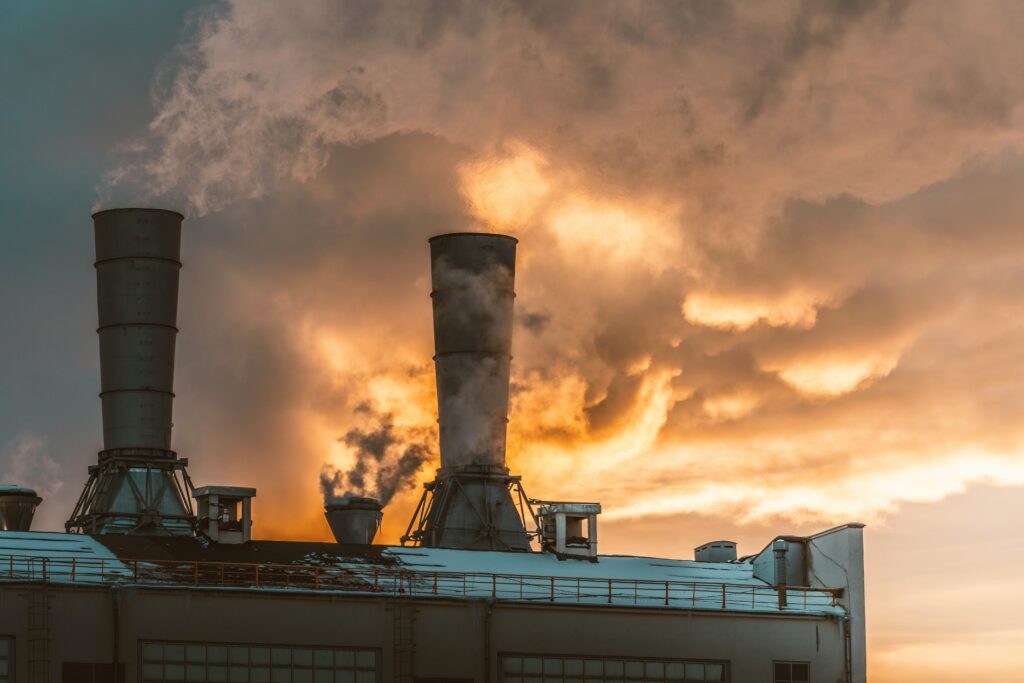Premature deaths caused by particulate matter is potentially twice the number previously estimated.
Air pollution from fossil fuels could be attributed to 20 per cent of premature deaths worldwide, suggesting the health impact of burning coal, oil and natural gas could be greater than previously thought, a new study published in the Environmental Research journal has revealed.
Regions in China, India, Europe and the north-western United States suffered a disproportionate number of the total 8.7 million annual deaths the study attributed to fossil fuels.
The research is the most detailed analysis of premature deaths caused by fossil fuel air pollution to date. Previously, a study published by The Lancet conducted in 2017 estimated the annual number of deaths from outdoor particulate matter was 4.2 million.
Co-author of the study Dr. Eloise Marais, associate professor in physical geography at University College London, commented: ‘Our study certainly is not in isolation in finding a large impact on health due to exposure to air pollution, but we were blown away by just how large the estimate was that we obtained.’
Prior studies used satellite data and ground observations, but struggled to distinguish pollution caused by burning fossil fuels from other sources of harmful particulates, such as wildfires or dust.
The research team came together from three different British universities and Harvard University to overcome this problem using a high-resolution mathematical model with data from 2018 to distinguish which kinds of pollutants people were inhaling in a particular area.
‘Rather than rely on averages spread across large regions, we wanted to map where the pollution is and where people live, so we could know more exactly what people are breathing,’ explained first author of the study Karn Vohra, a graduate student at University of Birmingham.
Increasingly, the fossil fuels are recognised as playing a significant role in climate change. Authors of the study stated they hope these findings will drive governments to rapidly shift towards cleaner energy.
Co-author Joel Schwartz, environmental epidemiologist professor at the Harvard T.H. Chan School of Public Health, said: ‘We hope that by quantifying the health consequences of fossil fuel combustion, we can send a clear message to policymakers and stakeholders of the benefits of a transition to alternative energy sources.’




